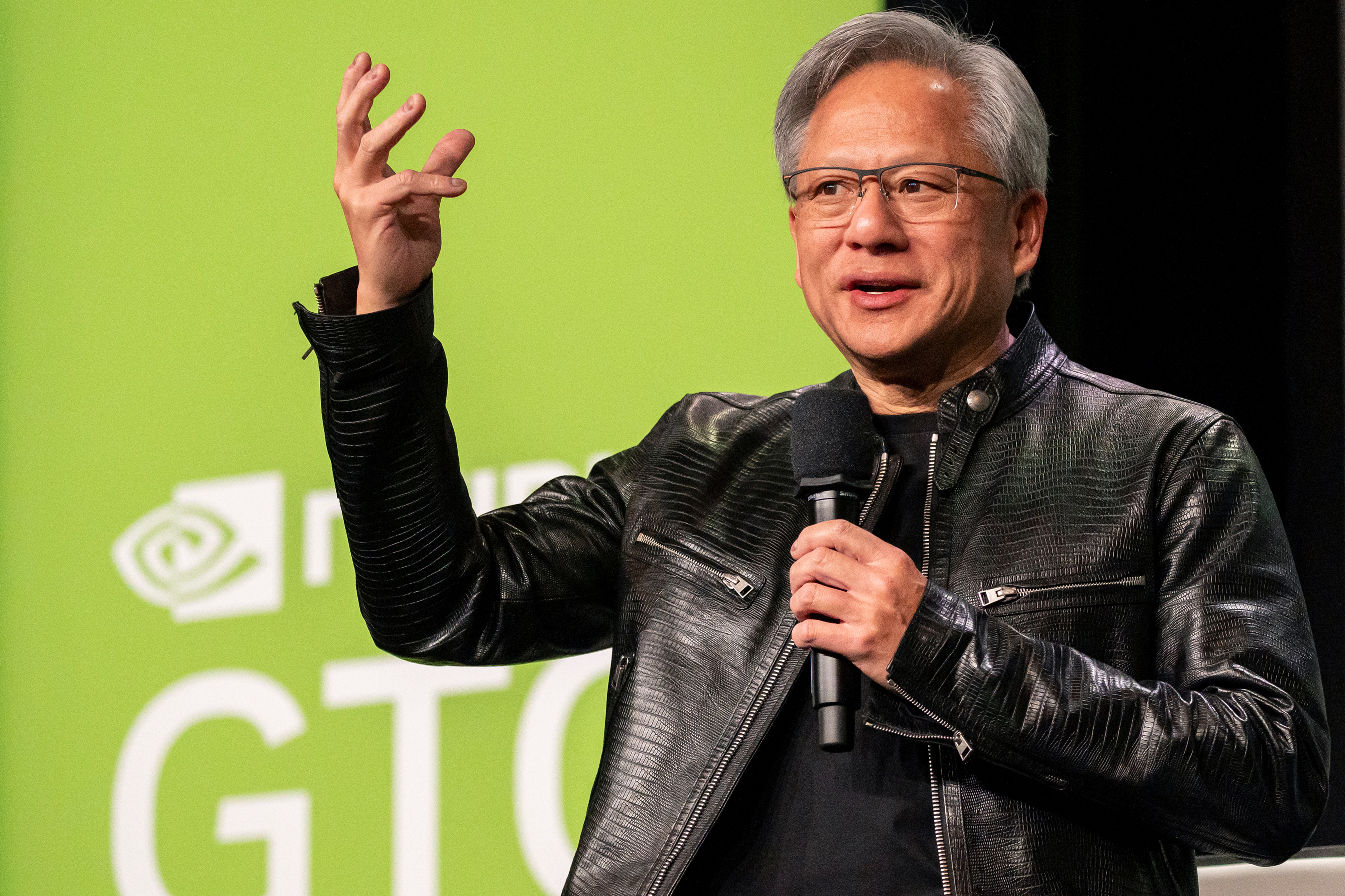Will Netbooks Save or Sink PCs?

During Intel’s latest earnings call CEO Paul Otellini predicted that netbook sales would double this year, and he claimed that "the worst is now behind us." But one has to wonder whether PC sales have really bottomed out, and whether the so-called race to the bottom that netbooks represent will be the catalyst for or an obstacle to a broader industry recovery.
I put myself in the former camp, but that’s only assuming manufacturers can learn from what has made netbooks so popular and apply those lessons to create more compelling notebooks. Take MSI's upcoming X Series. Equipped with a 13-inch display and sporting a sleek MacBook Air-like design, the company will offer two flavors of this laptop. The X320, starting around $699, will sport an Intel Atom processor. And the X340 (starting at $999) will have Intel's CULV CPU inside, which offers more punch but shorter battery life. MSI is making a smart move by purposely blurring the line between netbooks and notebooks.
In an interview with HP's Ted Clark this week, senior vice president of the company's notebook global business unit, he told me that this new category of affordable, full-function, thin-and-light notebooks will come to dominate. And I think he’s right, but that’s only if they share netbooks’ other compelling attributes.
For example, the 12-inch HP Pavilion dv2 notebook that we just reviewed offered better performance than the typical Atom netbook but only half as much battery life at 2.5 hours. During a follow-up conversation with AMD, whose Neo processor and discrete ATI graphics were inside the machine we tested, I learned that HP would eventually offer the dv2 with integrated graphics. AMD claims that this version of the product should provide up to four hours of endurance. So why not launch with that configuration?
I also think that all notebook makers need to take a cue from netbooks in the software department. While most netbooks have a relatively “clean” install of Windows XP, traditional notebooks continue to be bloated with too much software. Yes, I know that these programs help subsidize the cost, but I don’t think they’re worth the trade-off in slower boot time and performance on a Vista OS that’s already sluggish. With the exception of security software, netbooks have proven that you can do almost anything in the cloud.
The bottom line is that the more tomorrow’s notebooks look and behave like netbooks, the better chance the industry has of staying away from another bottom.
Editor-in-chief Mark Spoonauer directs LAPTOP’s online and print editorial content and has been covering mobile and wireless technology for over a decade. Each week Mark’s SpoonFed column provides his insights and analysis of the biggest mobile trends and news. You can sign up to receive this column by e-mail newsletter or follow Mark on twitter.
Stay in the know with Laptop Mag
Get our in-depth reviews, helpful tips, great deals, and the biggest news stories delivered to your inbox.

